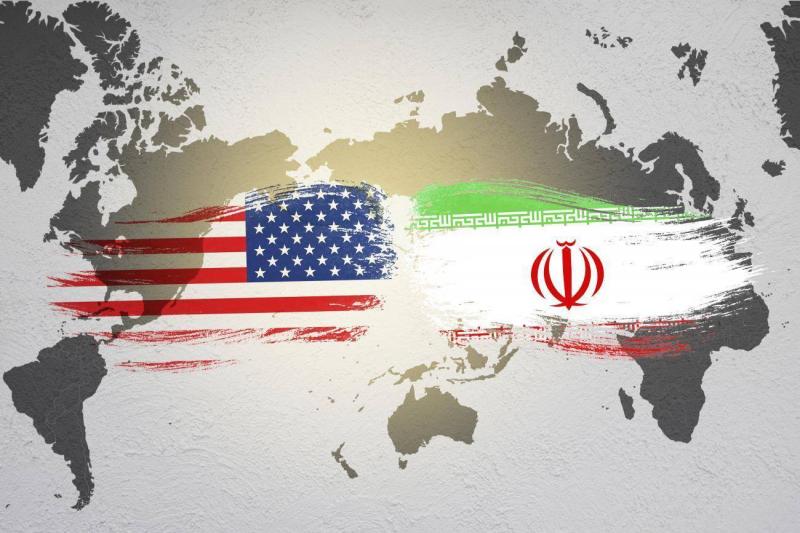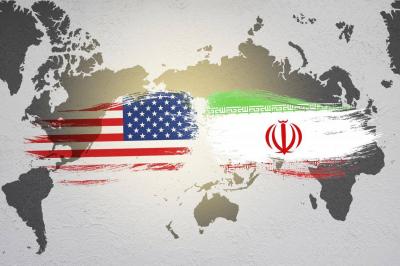In the 1950s and 1960s, a well-known phrase circulated in the Arab world, often used by regimes to resist internal reforms and democratization: "No voice rises above the voice of battle." This slogan continues to resonate despite the passage of decades and the Arabs' failure to utilize lengthy truces with their adversaries to modernize their societies and promote freedoms. Instead, they used these opportunities for maneuvering, believing they were thereby strengthening their control over their people.
In Lebanon today, this slogan is echoed verbatim amid the biggest economic and social crisis since the establishment of the Lebanese entity (which dates back over a century). Since the outbreak of the conflict in Gaza and the exchange of fire at the border, some have openly and quickly declared that the presidential elections, a crucial element of reform and a positive message to the outside world, are now off the table or "have flown away," as one MP from the resistance camp (who is considered moderate—how would the hawks react?) put it. This dismissal of the presidential elections came just hours after the Gaza aggression, suggesting that the resistance camp had been waiting for an opportunity to skirt this obligation, especially since major indicators suggested that the resistance candidate, Sleiman Frangieh, would struggle to win.
The peculiar yet new development here is that there has been a tacit agreement to exclude the election of a new president, but for different calculations, with this dismissal coming from the Americans who believe that a resolution is not imminent and will take time due to recent circumstances, particularly those in Gaza. This is the perspective shared by a former American diplomat in private conversations, who had previously supported Army Commander Joseph Aoun’s candidacy for presidency. He pointed out that what matters today is to safeguard the chances of the majority-backed candidate "active in Lebanese affairs" through an extension of his leadership over the Lebanese army before considering an arrangement with the other team for his ascension to the presidency.
It is true that American pragmatism engages with the realities in Lebanon, and Michel Aoun's presidency stands as a significant example of this. However, it is also true that the outside world, particularly the United States and the Gulf Arabs, will not easily accept excluding Joseph Aoun from the presidential race, and he would retain his chances whether his term ends or not, if he is desired by the West.
The American brakes on the presidential front stem from priorities centered on a Palestinian resolution crafted by the U.S., which Washington is struggling to impose these days as it seeks to implement a major shift in the Gaza Strip. It is important to note that the U.S. administration is focused on preventing the escalation and spread of the war; this was the initial endeavor of U.S. Ambassador to Lebanon Dorothy Shea prior to President Joe Biden's visit, who aims to maintain stability in southern Lebanon, and sent "boundary and relations delineator" Amos Hochstein back to Lebanon. While Secretary of State Antony Blinken has not been present there, the summary is that Washington has, as it claims, prevented its ally Israel from expanding the war towards Lebanon and wants a corresponding calm from "Hezbollah."
However, it is also worth mentioning that events in Palestine will not have a considerable impact on the presidential matter. What happened in Palestine could act to sideline this file, deepen the divide within it, and delay any resolution that is unavoidable. That said, the idea that the victory of Palestinian resistance in this conflict would affect the course of the Lebanese presidency is promoted by many in the camp supportive of Frangieh, as if his opponents were in the Israeli camp!
Questions remain unanswered: How will the resistance camp translate its anticipated victory in Gaza into enforcing Frangieh as president? What tools will emerge on the Lebanese scene for that? Will the international stance toward the "Hezbollah candidate" change and accept a president whom the Gulf Arabs do not want? And will Frangieh receive approval from the large opposing bloc in the parliament?
As of now, it is evident that there is no change in the significant external position regarding the necessity of electing a third candidate outside the Frangieh and Jihad Azour equation. In fact, the recent French abandonment of Frangieh makes any reversal much more challenging after Paris's latest stance regarding the events in Gaza and its opposition to the Iran-led axis.
The irony in this undetermined duration of marginalization for the presidency can be attributed to the tacit agreement on the slogan "no voice rises above the voice of battle," both American and Iranian!




